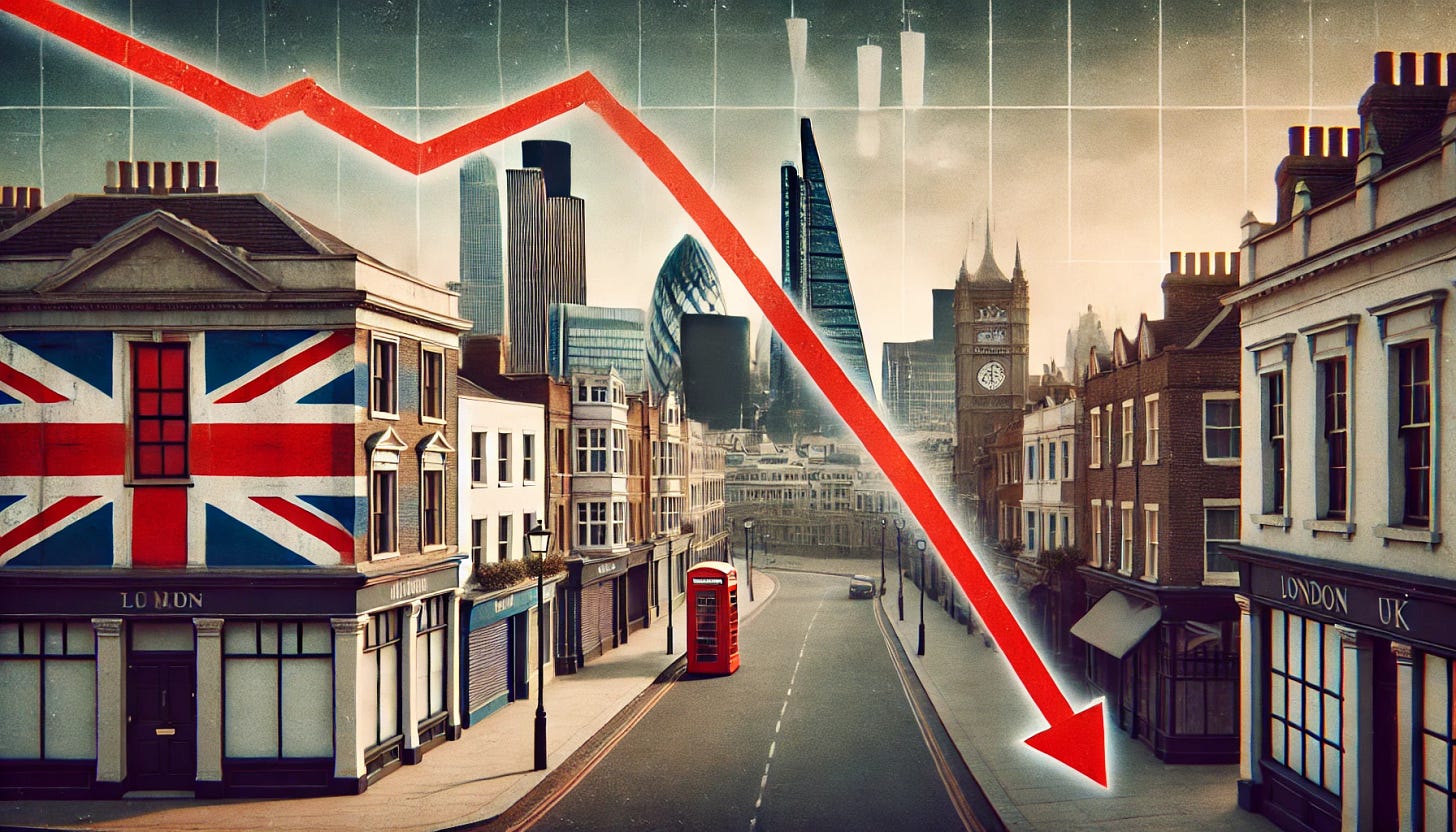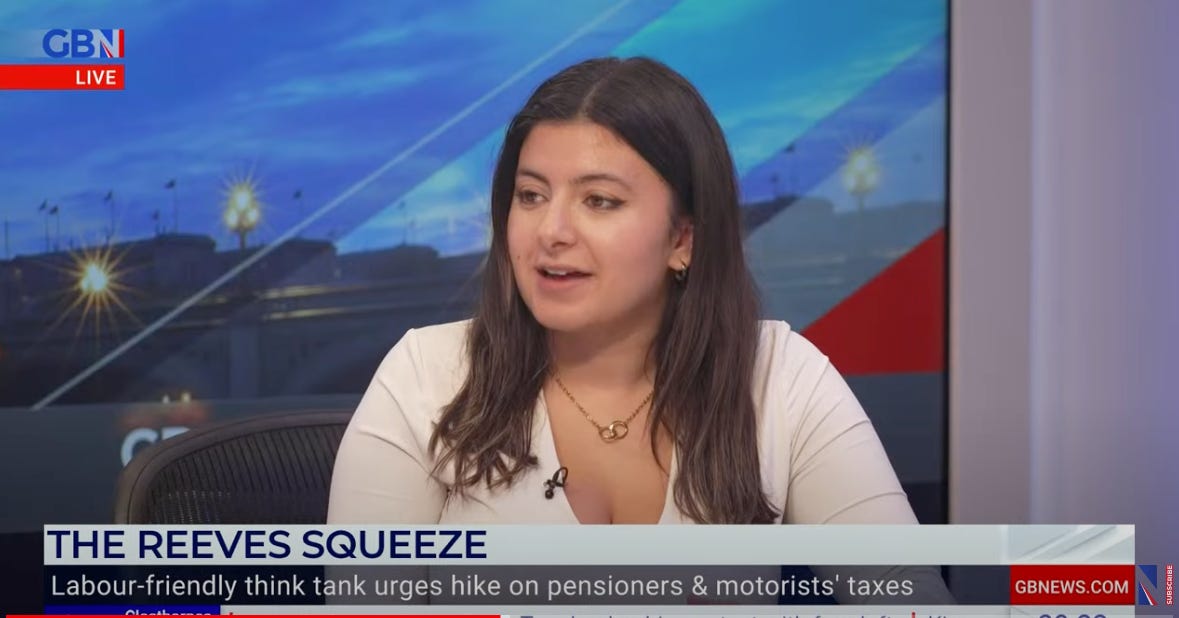A recipe for disaster
With the Government betting on lifestyle regulations to cut NHS costs, will the new ad restrictions really tackle childhood obesity?
The announcement last week that so-called “junk food” advertising will be banned in October 2025 did no more than rubber-stamp a decision made by Rishi Sunak last year. The policy has been postponed a number of times due to concerns about its economic consequences, but Keir Starmer is fully signed up to the nanny state agenda and there was no chance of a further delay. It was significant that the announcement came on the same day that Mr Starmer made a big speech about reforming the NHS. As I mentioned in The Critic recently, he sees lifestyle regulation as the key to cutting NHS costs. The economic evidence does not support this, but so long as myths about preventative medicine prevail, we can expect much more coercive paternalism.
There is no legal definition of ‘junk food’. The ban will actually apply to a range of foods deemed to be high in fat, sugar and salt (HFSS) and will cover television advertising before 9pm and all advertising online. Broadcasters and online platforms will be the main losers and other advertising media will be the winners. Predictably enough, campaigners are already demanding the ban be extended to billboards, radio and other types of advertising.
Will it have any effect on childhood obesity? Almost certainly not. The 2007 ban on HFSS adverts during programmes that are predominantly watched by under-16s led to a large reduction in ‘exposure’ to such advertising but had no impact on obesity rates. The government’s own Impact Assessment predicts that the new ban will reduce the average child’s energy consumption by just 2.3 calories a day and even that is based on some highly optimistic guesswork.
The chances are that it will make no measurable difference to childhood obesity or the NHS but, as with the sugar tax and minimum alcohol pricing, abject failure will not deter campaigners from demanding more of the same. “The medicine isn’t working!” they will cry. “More medicine!”
Dr Christopher Snowdon
IEA Head of Lifestyle Economics
Labour reveals new junk food ad ban as Keir Starmer unveils radical NHS reform plan, Dr Christopher Snowdon quoted in the Express:
Christopher Snowdon of the Institute for Economic Affairs think tank criticised the junk food ad ban, however, accusing Sir Keir of breaking his promise to "tread more lightly" on Britons' lives.
He told the Express: "Sir Keir promised to tread more lightly on our lives but he is once again stomping on British business. This misguided ban has been repeatedly postponed because it will damage the economy and harm broadcasters in particular. It should have been ditched altogether.”
P.S. The best way to support our vital research and educational programmes is to become a paid IEA Insider. For a limited time, new paid subscribers will receive a copy of Steve Davies’ new book Apocalypse Next: The Economics of Global Catastrophic Risks) and a 15% discount.
NHS Crisis: Is Labour's Plan a Band-Aid on a Bullet Wound?, IEA Podcast, Acting Director of Communications Reem Ibrahim, Executive Director Tom Clougherty, and Editorial Director Kristian Niemietz, IEA YouTube
Growth stagnation should encourage a policy rethink, says IEA Economics Fellow
Commenting on GDP data showing 0% growth in July, Julian Jessop, Economics Fellow at the free market think tank, the Institute of Economic Affairs, said:
"The lack of economic growth in both June and July strengthens the case for the Bank of England to keep cutting interest rates - and for the Chancellor to tread carefully in the October Budget. The Government also needs to rethink policies that could discourage firms from taking on new workers, or which raise energy bills even further.
"Monthly GDP data can be erratic - the less volatile three month comparison still showed healthy growth of 0.5%. The poor July numbers are also hard to square with the mostly positive tone of the business and consumer surveys. There may have been some temporary factors at play, including election uncertainty and the weird weather.
"Nonetheless, the incoming Government’s gloomy rhetoric about the state of the economy and the need for ‘tough decisions’ will not have helped. There are also clear signs of a renewed slowdown in other major economies, notably the euro area.
"The weak GDP figures may also reflect the continuing drag from the previous hikes in interest rates as more households have refinanced their mortgages. Remember that the Bank of England did not start to reduce interest rates until August – much later than many (including the IEA’s Shadow MPC) had recommended. More cuts are needed, and soon."
“UK economy stalls as GDP stagnates for second month in a row”, IEA Economics Fellow Julian Jessop quoted in the Times, the Evening Standard, the Herald, and the Daily Brit.
News, Views & Upcoming Events
The Broken Window Fallacy, IEA International Programmes Manager Harrison Griffiths, IEA YouTube
“Schrödinger’s Culture War”, IEA Editorial Director Kristian Niemietz, the Critic
“Donald Trump and Kamala Harris are united in economic illiteracy”, International Programmes Manager Harrison Griffiths, CapX
“The great greying of the British right”, IEA Editorial Director Kristian Niemietz, City AM
“We are already seeing tax increases because people are being dragged into higher tax brackets”, Acting Director of Communications Reem Ibrahim, GB News
“Rent Controls: A Well-Intentioned Disaster?”, Acting Director of Communications Reem Ibrahim, FEE
What do Mario Draghi and Liz Truss have in common?, Director of International Outreach Adam Bartha, CapX
“Zuckerberg secures green light to train AI on public British Facebook posts”, Public Policy Fellow Matthew Lesh quoted in the Telegraph
We had a packed room at 2 Lord North St this week for a discussion on Tim Congdon’s new book “The Quantity Theory of Money: A New Restatement”.













